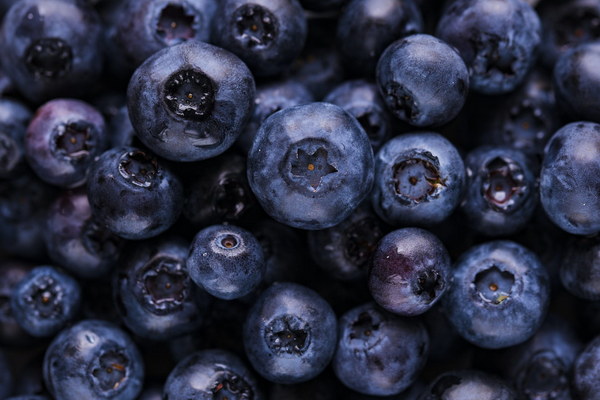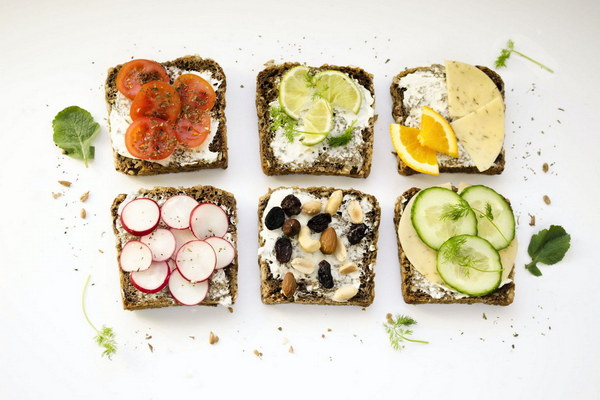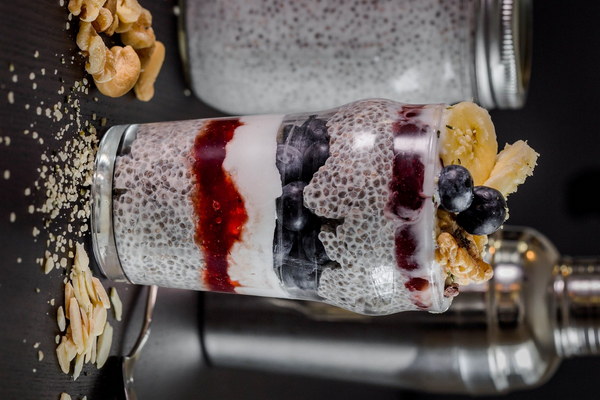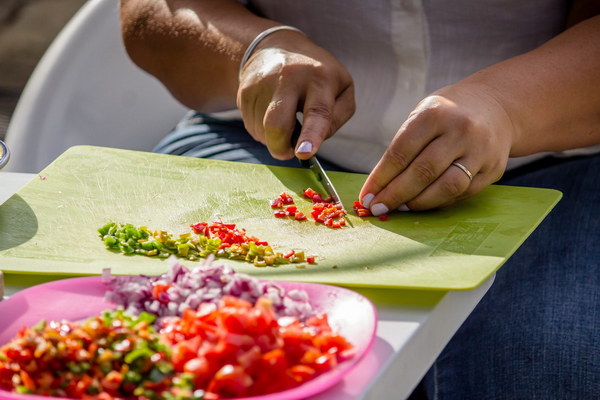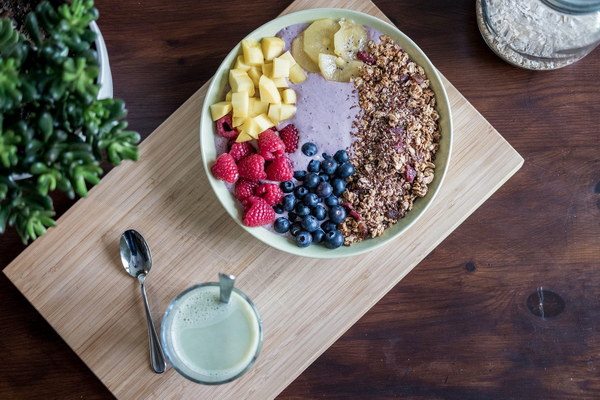Nourishing Kidneys A Guide to Dietary Supplements for Teenagers with Kidney Deficiency
In the bustling world of adolescents, the pressures of academic excellence, social interactions, and physical development can often lead to a weakened immune system and kidney deficiency. For teenagers suffering from kidney deficiency, proper nutrition plays a crucial role in promoting overall health and well-being. This article aims to provide insights into the importance of kidney-nourishing foods and dietary supplements for teenagers.
I. Understanding Kidney Deficiency
Kidney deficiency, also known as kidney Yin or Yang deficiency, is a condition where the kidneys fail to perform their essential functions, such as filtering waste products and regulating fluid balance. This condition can manifest in various ways, including fatigue, weak bones, poor concentration, and frequent urination.
II. Importance of Dietary Supplements for Teenagers with Kidney Deficiency
Dietary supplements can play a vital role in replenishing the nutrients that are depleted due to kidney deficiency. These supplements can help improve kidney function, boost immune system, and alleviate symptoms such as fatigue and poor concentration. However, it is important to consult with a healthcare professional before starting any new supplement regimen.
III. Kidney-Nourishing Foods
1. Black Beans: Black beans are an excellent source of protein, fiber, and essential nutrients that help strengthen the kidneys. Incorporate them into soups, salads, or as a side dish.
2. Goji Berries: Goji berries are known for their kidney-nourishing properties. They contain antioxidants, vitamins, and minerals that can help improve kidney function. Consume them raw, in teas, or as a topping for yogurt.
3. Pork Kidneys: Pork kidneys are a rich source of amino acids, iron, and other nutrients that can aid in kidney function. Cook them in a stew or soup to enhance their flavor.
4. Almonds: Almonds are a great source of protein, healthy fats, and vitamin E. These nutrients can help improve kidney function and reduce inflammation.
5. Watermelon: Watermelon is a hydrating fruit that can help maintain fluid balance in the body. Its high potassium content can also aid in kidney function.
6. Fish: Fish, such as salmon, mackerel, and sardines, are rich in omega-3 fatty acids, which can help reduce inflammation and improve kidney function. Incorporate fish into your diet by grilling, baking, or steaming.
7. Dates: Dates are a natural sweetener that contains vitamins, minerals, and antioxidants. They can help improve kidney health and provide a quick energy boost.
IV. Dietary Supplements
1. Selenium: Selenium is an essential mineral that plays a vital role in kidney function. It can be found in supplements or in foods such as Brazil nuts, seafood, and whole grains.

2. Vitamin B6: Vitamin B6 is important for kidney health as it helps convert amino acids into nitrogen, which is then excreted by the kidneys. Food sources include chickpeas, potatoes, and bananas.
3. N-Acetyl Cysteine (NAC): NAC is an amino acid that can help protect the kidneys from oxidative stress. It is available in supplement form and can be found in foods such as eggs, milk, and wheat.
4. L-Arginine: L-Arginine is an amino acid that can improve kidney function and reduce the risk of kidney disease. It can be found in foods such as nuts, seeds, and legumes.
V. Conclusion
Kidney deficiency is a common concern among teenagers, and proper nutrition is essential for promoting kidney health. By incorporating kidney-nourishing foods and dietary supplements into their diet, teenagers can help improve their kidney function and overall well-being. Always consult with a healthcare professional before starting any new supplement regimen to ensure it is safe and appropriate for your specific needs.
